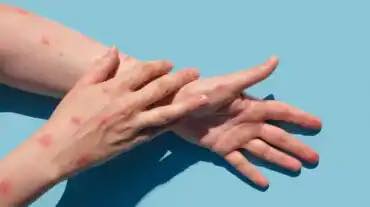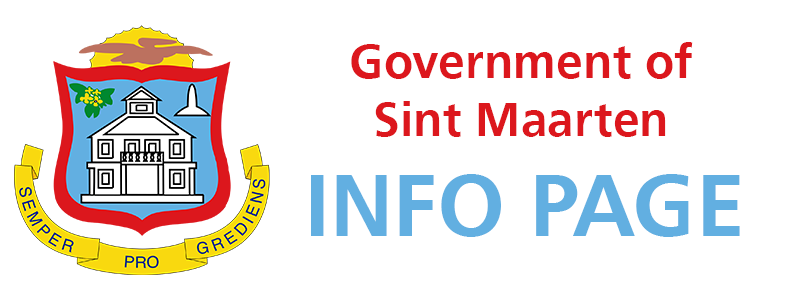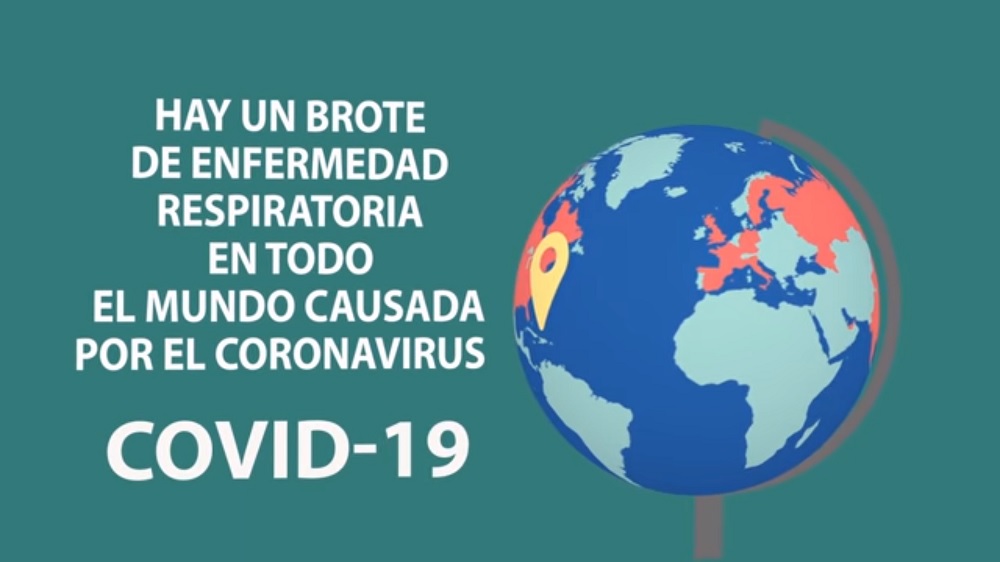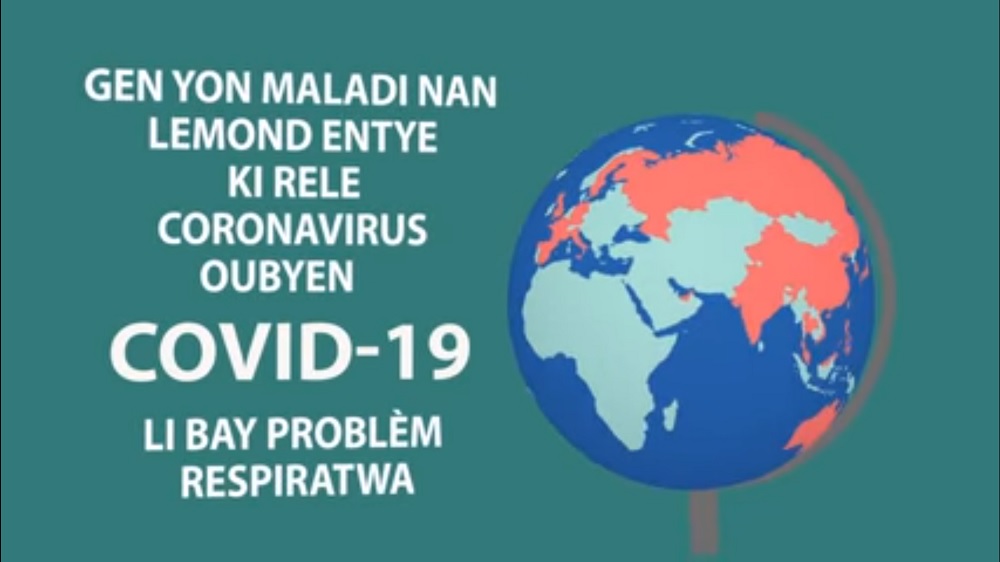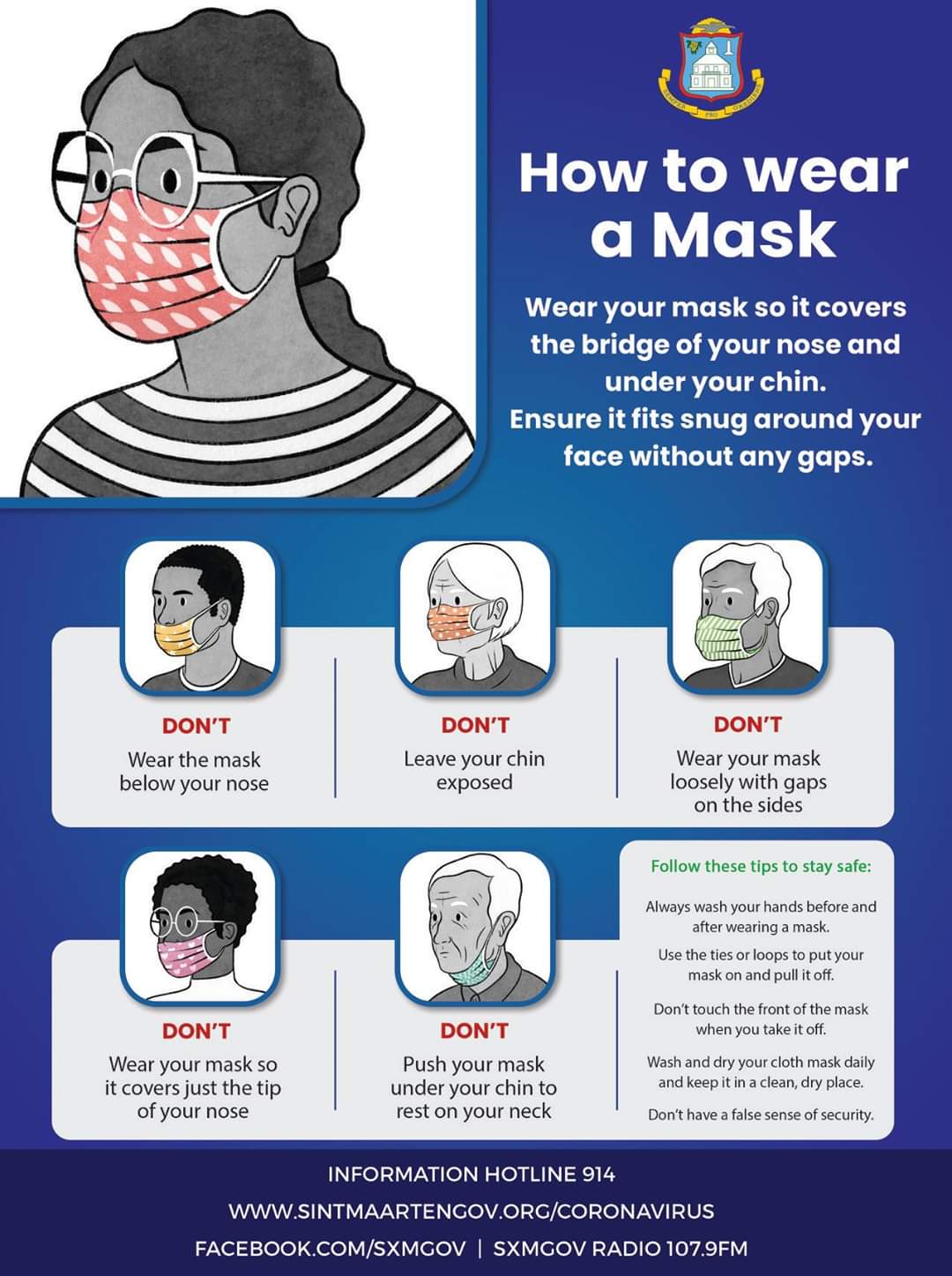WHO Emergency Committee Declares Monkeypox a Global Health Emergency
The World Health Organization (WHO) on Thursday reconvened the Monkeypox Emergency Committee to assess public health implications of the evolving multi-country outbreak.
The objective of the committee meeting was to discuss the latest medical data and conditions and on Saturday the WHO declared Monkeypox a Public Health Emergency of International Concern (PHEIC).
The declaration is due to the outbreak spreading rapidly around the world, through new modes of transmission about which public health authorities understand too little. The current risk of Monkeypox is moderate globally and in all regions, except in the European region where the risk is high.
Global cases have surpassed 16,000 across 75 Member States and territories and five deaths.
To date, no confirmed cases of Monkeypox were reported to the Collective Prevention Services (CPS) in the country, but Monkeypox, a communicable disease, has been confirmed in the Caribbean region.
CPS public health surveillance remains on alert for Monkeypox. This includes all family physicians and health care providers, once a suspected, probable, or confirmed Monkeypox has been detected, the aforementioned will alert CPS and the laboratory to facilitate lab confirmation of the virus and CPS will conduct follow-up, registration and reporting.
CPS would like the Sint Maarten community to have a full understanding of what Monkeypox is and the prevention measures by sharing the following information and keeping the public informed as further scientific information becomes available during this global outbreak.
Monkeypox is caused by the Monkeypox virus which is a rare viral zoonotic disease that occurs primarily in tropical rainforest areas of Central and West Africa and is occasionally exported to other regions around the world. Monkeypox is less contagious than smallpox and causes less severe illness.
It is usually a self-limited disease with the symptoms lasting from two to four weeks. Severe cases can occur, and the fatality ratio has been around three to six per cent.
Monkeypox is transmitted to humans through close contact with an infected person or animal, or with material contaminated with the virus. Monkeypox virus is transmitted from one person to another through close contact with lesions, body fluids, respiratory droplets, and contaminated materials such as bedding, clothing, towels, utensils, hard surfaces etc.
Anyone can catch Monkeypox. The infection is passed on mainly through close contact between people.
CPS is calling on the populace to reduce exposure to the virus by practicing the following prevention measures: Reduce your risk of catching Monkeypox by limiting close contact with people who have suspected or confirmed (infected) Monkeypox; Regularly clean and disinfect environments that could have been contaminated with the virus from someone who is infectious regularly; Keep yourself informed about Monkeypox and have open conversations with those you come into close contact (especially sexual contact) with about any symptoms you or they may have.
Monkeypox typically presents clinically with fever, rash, swollen lymph nodes, intense headache, back pain, muscle aches, lack of energy, and may lead to a range of medical complications.
If you experience any of the above, you should contact your medical doctor as soon as possible. You can act to protect others by isolating yourself from others until you have been evaluated and tested. A laboratory test is the only way to confirm the diagnosis of Monkeypox.
The rash tends to be more concentrated on the face and extremities rather than on the main body mass. It affects mainly the face, and palms of the hands and soles of the feet but can appear on other parts of the body not listed here.
CPS reiterates its call on all to be on the alert and take action to prevent getting and spreading Monkeypox: Remember: 1) avoid close, skin-to-skin contact with people who have a rash that looks like Monkeypox ? do not touch the rash or scabs of a person with Monkeypox; do not kiss, hug, cuddle or have sex with someone with Monkeypox; do not share eating utensils or cups with a person with Monkeypox. 2) Do not handle or touch the bedding, towels, or clothing of a person with Monkeypox without proper personal protective equipment such as gloves and masks. 3) Keep two meters distance from an infected person (s); 4) Wash your hands often with soap and water or use an alcohol-based hand sanitizer. If you are unsure, consult your physician.
CPS is a department in the Ministry of Public Health, Social Development and Labour (Ministry VSA).


